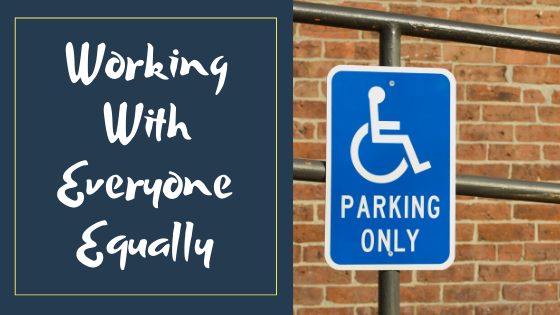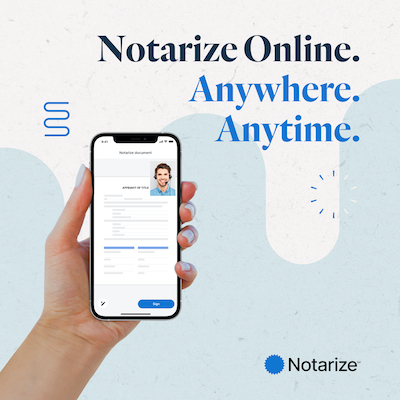Condos and/or homeowners’ associations (HOAs) are responsible for a wide range of tasks. Ensuring compliance with all applicable local, state, and federal rules and regulations is one of these responsibilities. This involves making appropriate adjustments for those with mental or physical disabilities.
In Florida, associations are subject to both state and federal legislation. The Americans with Disabilities Act (ADA) and the Fair Housing Act (FHA) are the two most crucial laws to be aware of. Here’s what you need to know for your association.
What is considered reasonable accommodation?
Under the Fair Housing Act (FHA), discrimination against disabled individuals is prohibited for homeowners associations (HOAs) and condominium associations. If the association fails to provide adequate accommodations or modifications, it may be held accountable for discriminatory practices.
Laws and regulations use the term “reasonable accommodation” when referring to the steps that need to be taken within an association.
A modification or adjustment that doesn’t place an excessive cost on the association or alter the nature of the community or the housing being provided would be considered a reasonable accommodation. It is a change in physical practices, rules, and policies.
Some examples of reasonable accommodation are:
- Allowing a person with a disability to have a service or emotional support animal when pets aren’t otherwise allowed.
- Constructing accessible pathways and sidewalks, including wheelchair ramps.
- Installing a grab bar in a community bathroom(s) accessible light switches
- Including accessible parking space
These reasonable accommodations most likely will not cause a significant burden to the community and thus should be provided for disabled residents.
Americans with Disabilities Act
Several of the ADA’s regulations relate to public areas and facilities. They define building construction specifications, which typically don’t apply to condo or HOA societies because they are private residential communities.
However, the ADA requirements would apply to places like tennis courts, exercise areas, swimming pools, and bathrooms that are open to the public. If your community has any of these circumstances, you need to make sure that these locations are modified to make them just as accessible to people with disabilities.
Note: Common space within the community used for public events, or any event hosted by the HOA that is open to members of the public, must be ADA accessible. Keep in mind that part-time public use can be enough for the ADA to apply.
The Fair Housing Act
Discrimination is prohibited when someone is trying to rent or purchase a property under the FHA, a federal law. A physical or mental impairment that restricts an individual’s capacity to participate in activities of daily living is referred to as a disability. This could be a long-term medical condition, a mental illness, a physical impairment, or another medical condition.
Section 504. Reasonable Accommodation
Unlike the Fair Housing Act, Section 504 does not distinguish between reasonable accommodations and reasonable modifications. Instead, both are captured by the term “reasonable accommodations.”. Under Section 504, the requirement to make reasonable accommodations applies to any changes that may be necessary to provide an equal opportunity to participate in any federally-assisted program or activity. This includes a change, adaptation, or modification to a policy, program, service, facility, or workplace which will allow a qualified person with a disability to participate fully in a program, take advantage of a service, live in housing, or perform a job. Reasonable accommodations also include any structural changes that may be necessary. Reasonable accommodations may include changes which may be necessary in order for the person with a disability to use and enjoy a dwelling, including public and common-use spaces, or participate in the federally-assisted program or activity. Under Section 504, reasonable accommodations must be provided and paid for by the housing provider, unless providing them would be an undue financial and administrative burden or a fundamental alteration of the program. In such cases, the provider is still required to provide any other reasonable accommodation up to the point that would not result in an undue financial and administrative burden on the particular recipient and/or constitute a fundamental alteration of the program. In addition to the statutory requirement to make reasonable accommodations under Section 504, HUD’s Section 504 regulation provides for making “housing adjustments” at 24 C.F.R. § 8.33.




















Add comment
You must be logged in to post a comment.